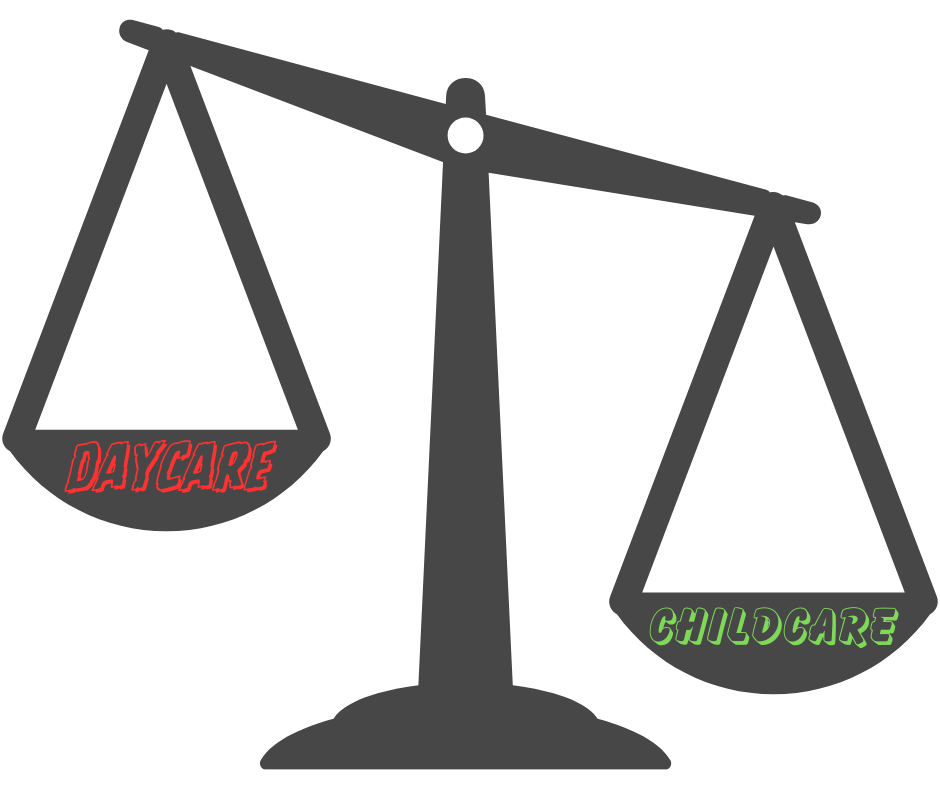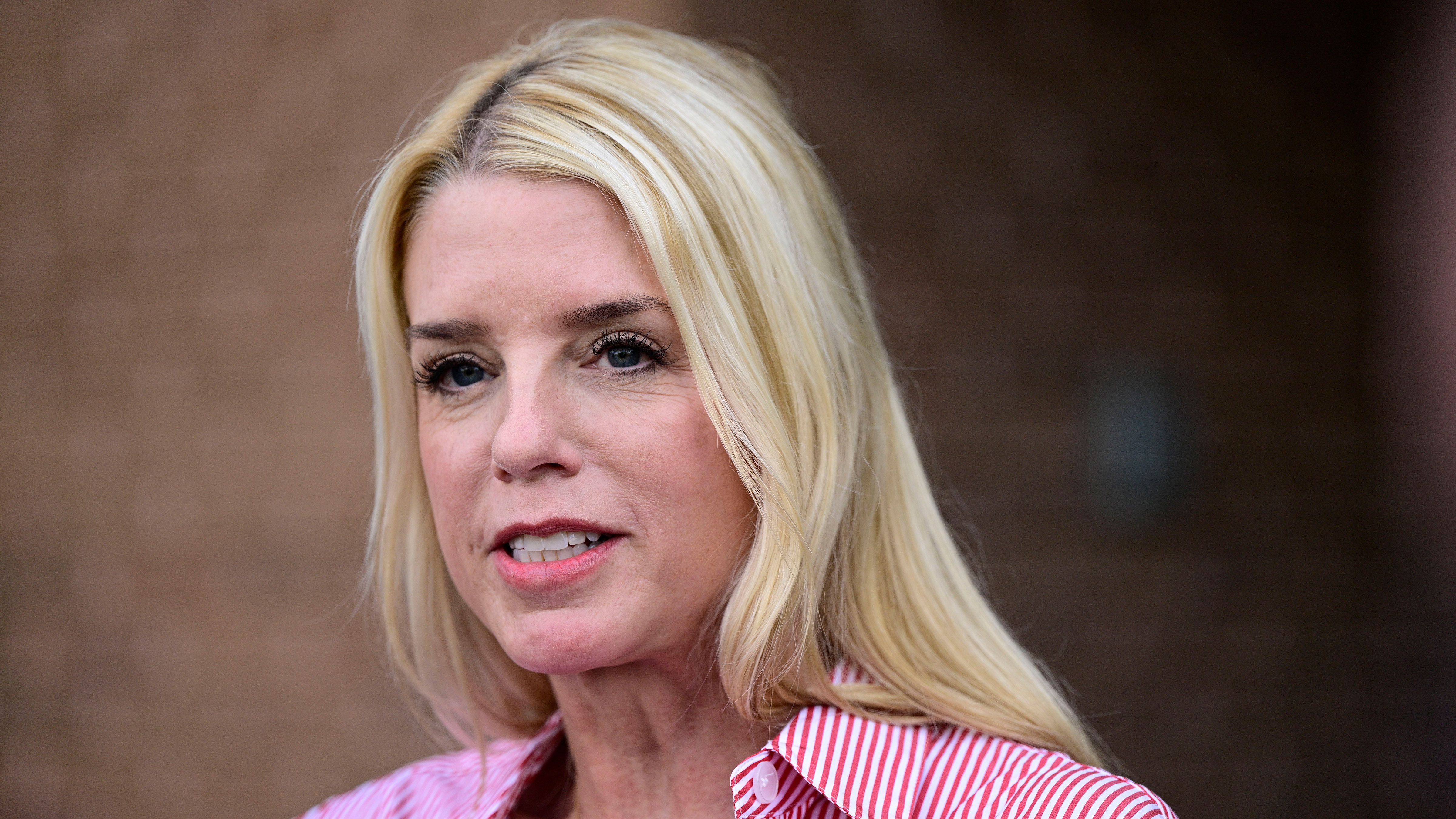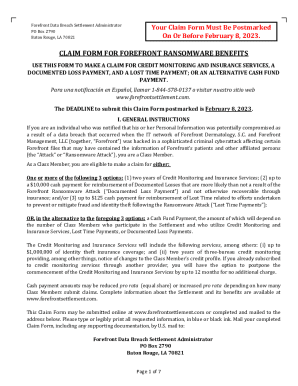Is Daycare Always A Bad Idea? A Balanced Look At Childcare

Table of Contents
Perceived Negatives of Daycare: Separating Fact from Fiction
While the image of daycare sometimes conjures up anxieties, a balanced view reveals that many concerns are manageable and often outweighed by the benefits. Let's address some common worries.
Concerns about Illness and Germs
Daycare centers, with their groups of children, do present a higher risk of illness transmission compared to a home environment. Children are more susceptible to catching colds, the flu, and other common childhood illnesses. However, this increased exposure also strengthens their immune systems over time.
- Improved immune system: Exposure to a variety of germs helps children build immunity, leading to fewer illnesses in the long run.
- Strategies for reducing illness transmission: Daycares with robust hygiene protocols, including frequent handwashing, disinfecting surfaces, and prompt isolation of sick children, significantly minimize the spread of illness. Parents can also contribute by keeping sick children home.
- Importance of daycare hygiene standards: Thorough research into a daycare's cleanliness and hygiene practices is crucial. Look for centers that actively promote healthy habits and have clear protocols for handling illnesses. Vaccination is also a key preventative measure.
Social and Emotional Development Concerns
Separation anxiety is a common concern for parents placing their children in daycare. However, the benefits of early socialization often outweigh this initial anxiety.
- Building social skills: Daycare provides opportunities to learn crucial social skills like sharing, turn-taking, conflict resolution, and empathy. Interaction with peers helps children learn to navigate social situations and build friendships.
- Coping with separation: Qualified childcare providers are trained to help children cope with separation anxiety. A gradual introduction to the daycare setting, a consistent and loving caregiver, and reassuring routines can ease the transition.
- Importance of a nurturing environment: A positive and supportive daycare environment is paramount for a child's emotional well-being. Look for a daycare that values emotional intelligence and nurturing relationships.
- Positive teacher-child bonds: Strong, positive relationships between children and caregivers are essential for emotional security and development. A nurturing teacher provides comfort and support, fostering a sense of belonging.
Cost and Availability of Quality Daycare
The cost of daycare can be a significant barrier for many families. However, there are options to consider.
- Financial implications: Daycare expenses can significantly impact family budgets. Creating a realistic budget and exploring financing options is essential.
- Government assistance: Many countries offer government subsidies or financial assistance programs to help families afford quality daycare. Investigate the availability of these programs in your area.
- Finding affordable quality care: Balancing affordability with quality is a challenge. Prioritize accreditation, teacher-child ratios, and the overall learning environment.
- Availability of spaces: Waiting lists at popular daycares are common. Begin your search early and be prepared to explore various options.
The Undeniable Benefits of Daycare: Fostering Growth and Development
Beyond addressing anxieties, daycare offers numerous advantages that contribute to a child's holistic development.
Enhanced Cognitive and Academic Development
Daycare provides a structured learning environment that fosters cognitive growth.
- Early childhood education: Many daycares offer structured learning programs that introduce children to basic literacy, numeracy, and other essential skills.
- Structured learning: A daycare setting encourages focused learning through age-appropriate activities, games, and educational materials.
- Peer interaction: Learning from peers is incredibly valuable, fostering collaboration and problem-solving skills. Children can learn from each other's strengths and perspectives.
- Development of crucial skills: Daycare helps develop crucial pre-literacy and pre-math skills, laying a strong foundation for future academic success.
Social and Emotional Skill Development
Daycare is a social crucible, offering unparalleled opportunities for social-emotional growth.
- Teamwork, sharing, negotiation: Through group activities and interactions, children learn to cooperate, share resources, negotiate, and compromise.
- Independence: Daycare encourages independence in self-care activities, fostering a sense of self-reliance and confidence.
- Emotional intelligence: Children learn to manage their emotions, understand others' feelings, and develop empathy.
Preparing for School Readiness
Daycare fosters school readiness in several ways.
- Classroom preparedness: The structured routines and daily schedules in daycare help children adapt to the classroom environment.
- Self-care skills: Daycare helps children develop essential self-care skills such as dressing, toileting, and eating independently.
- Positive school adjustment: Children who attend daycare often transition more smoothly into kindergarten and beyond. They're better equipped to handle the social and academic demands of school.
- Kindergarten readiness: Daycare prepares children academically and socially, increasing their chances of success in kindergarten.
Conclusion: Is Daycare Always a Bad Idea?
Is daycare always a bad idea? The answer is a resounding no. While concerns about illness and cost are valid, the benefits of high-quality daycare—enhanced cognitive and social-emotional development, and improved school readiness—should not be overlooked. Choosing the right daycare, understanding its benefits and potential drawbacks, and selecting a facility that aligns with your family's values is key. Consider carefully the aspects of daycare that are most important to you and your child's needs. Don't let unfounded fears prevent you from exploring the many advantages of daycare. Make an informed decision about childcare that best suits your family’s needs and remember, the best childcare solution is the one that works best for your family. Weigh the pros and cons carefully before making a decision about daycare for your child.

Featured Posts
-
 The Jesse Watters Cheating Joke Controversy Explained
May 09, 2025
The Jesse Watters Cheating Joke Controversy Explained
May 09, 2025 -
 The Evolution Of Dakota Johnsons Roles A Relationship Perspective
May 09, 2025
The Evolution Of Dakota Johnsons Roles A Relationship Perspective
May 09, 2025 -
 Edmonton Oilers Draisaitl A Hart Trophy Finalists Banner Season
May 09, 2025
Edmonton Oilers Draisaitl A Hart Trophy Finalists Banner Season
May 09, 2025 -
 The Jeffrey Epstein Files Should We Vote To Support Ag Pam Bondis Decision
May 09, 2025
The Jeffrey Epstein Files Should We Vote To Support Ag Pam Bondis Decision
May 09, 2025 -
 16 Million Penalty T Mobiles Data Breach Settlement After Three Years Of Violations
May 09, 2025
16 Million Penalty T Mobiles Data Breach Settlement After Three Years Of Violations
May 09, 2025
